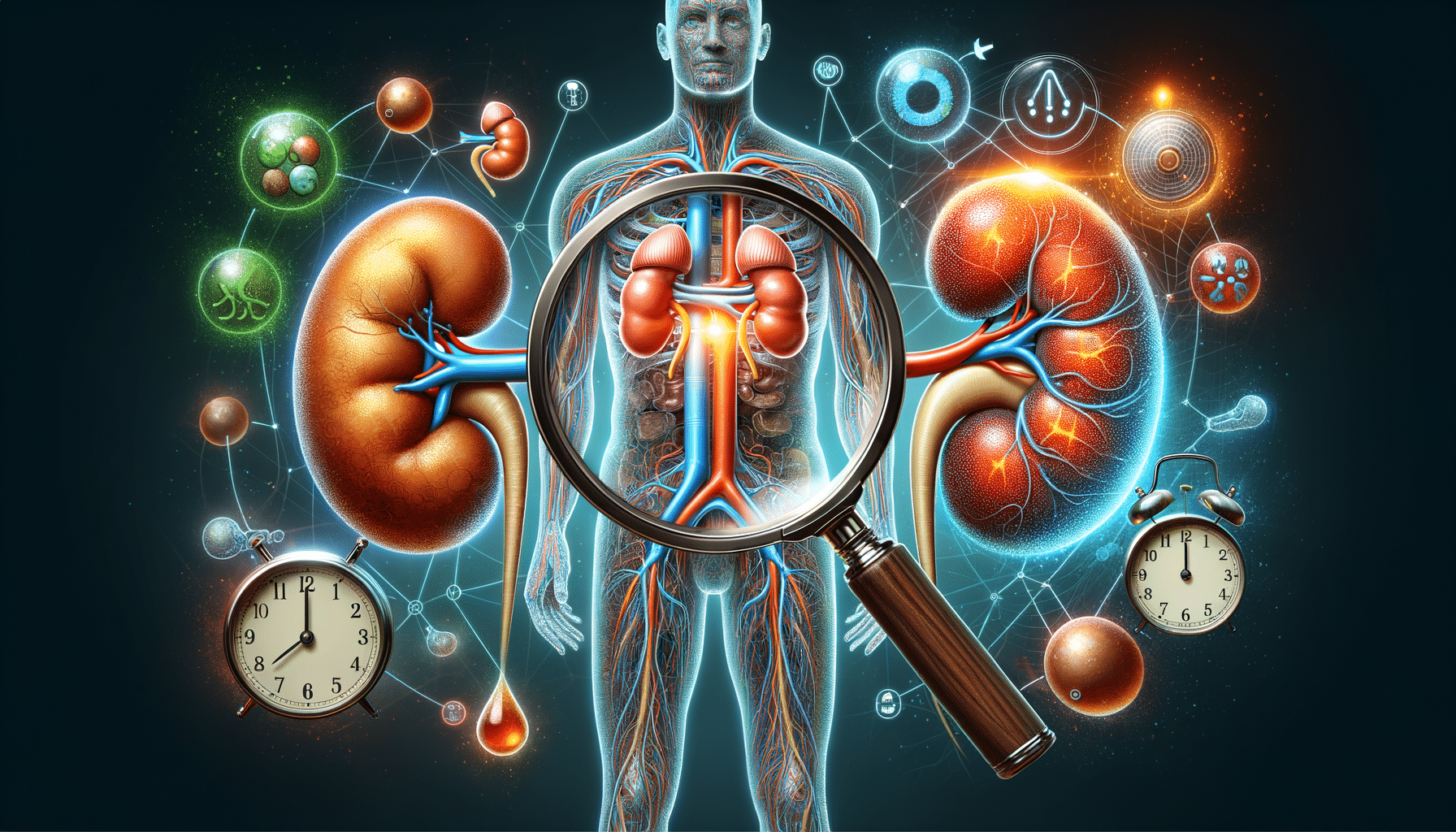
The Importance of Early Detection in Treating Chronic Kidney Disease
Introduction to Chronic Kidney Disease
Chronic Kidney Disease (CKD) is a progressive condition that affects millions of people worldwide. It involves the gradual loss of kidney function over time, which can lead to serious health complications if not managed effectively. Early detection is crucial in managing CKD as it allows for timely intervention, potentially slowing the progression of the disease and improving patient outcomes. Understanding the value of early detection in chronic kidney disease can lead to better outcomes and more effective treatment plans.
The Role of Early Detection in Managing CKD
Early detection of CKD is paramount as it provides an opportunity to implement strategies that can slow disease progression. Regular screening for individuals at risk, such as those with diabetes or hypertension, can identify CKD in its initial stages. This early identification allows healthcare providers to tailor treatment plans that may include lifestyle changes, medication, and regular monitoring. By catching the disease early, patients have a better chance of avoiding severe complications such as kidney failure.
Research indicates that early intervention can significantly reduce the need for dialysis or kidney transplantation. Patients diagnosed in the early stages of CKD are often prescribed medications to control blood pressure and blood sugar levels, which are critical in managing the disease. Additionally, dietary modifications and increased physical activity are encouraged to maintain kidney health and overall well-being.
Benefits of Early Detection for Patients
Patients who receive an early diagnosis of CKD benefit from a proactive approach to their health. Early detection empowers patients to make informed decisions about their lifestyle and treatment options. They can work closely with healthcare professionals to develop a personalized care plan aimed at preserving kidney function and enhancing their quality of life.
Moreover, early detection can alleviate the psychological burden associated with chronic illnesses. Knowing the status of their kidney health allows patients to take control of their condition, reducing anxiety and uncertainty. This proactive approach fosters a collaborative relationship between patients and healthcare providers, leading to more effective management of the disease.
Challenges in Early Detection of CKD
Despite the known benefits, early detection of CKD faces several challenges. One significant barrier is the lack of awareness among the general population and healthcare providers. Many individuals are unaware of the risk factors and symptoms associated with CKD, leading to delayed diagnosis and treatment.
Additionally, access to healthcare services can be a hurdle for early detection. In some regions, limited resources and healthcare infrastructure make it difficult for individuals to receive regular screenings and follow-up care. Addressing these challenges requires concerted efforts from public health organizations, healthcare providers, and policymakers to increase awareness and improve access to diagnostic services.
Conclusion: The Path Forward
Early detection of chronic kidney disease is a critical component in managing this prevalent health issue. By identifying the disease in its early stages, healthcare providers can implement effective interventions that improve patient outcomes and quality of life. It is essential to raise awareness about CKD and its risk factors, ensuring that individuals receive timely screenings and appropriate care.
Moving forward, a collaborative approach involving patients, healthcare professionals, and policymakers is necessary to overcome the challenges of early detection. By prioritizing education, access to care, and research, we can enhance the management of CKD and reduce its impact on individuals and healthcare systems worldwide.


